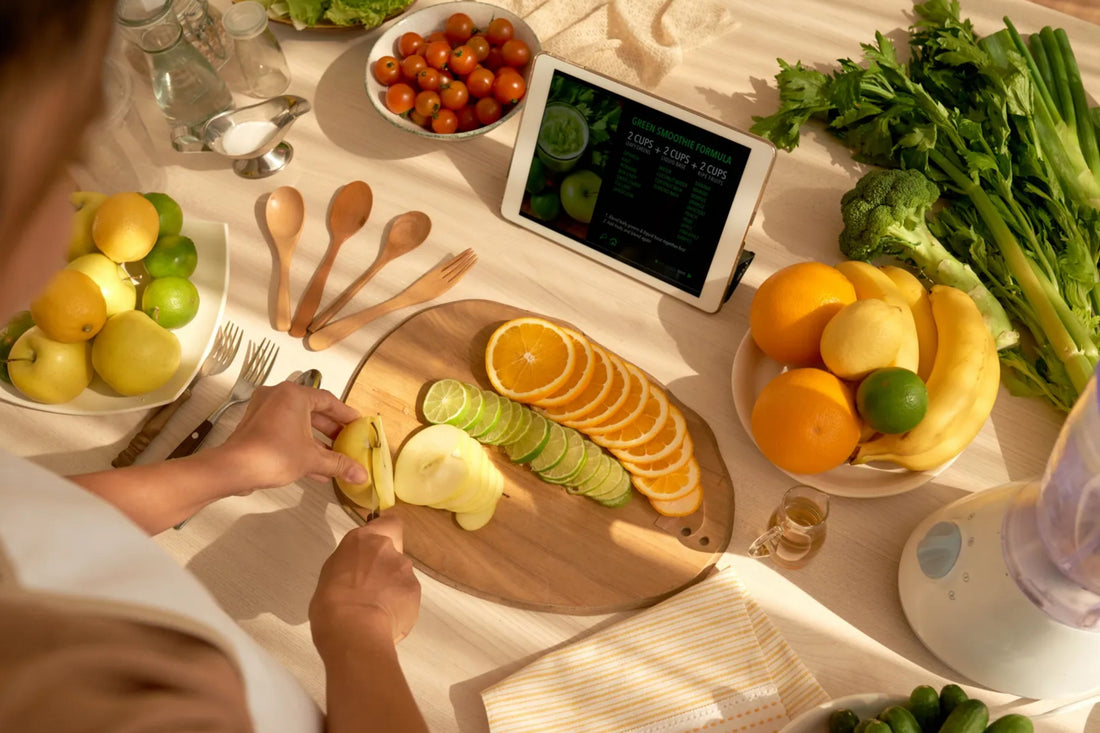
Are You Getting Enough Nutrients From Food Alone?
Share
When it comes to health and wellness, one big question often comes up: Can we really get all the nutrients we need from food alone? While a balanced diet filled with whole foods is the foundation of good health, modern lifestyles and farming practices may make it harder than we think.
Why Food Alone May Not Be Enough 🥗
Even if you eat a variety of fruits, vegetables, grains, and proteins, there are several reasons why nutrient intake may fall short:
- Soil Depletion 🌱: Modern farming reduces the mineral content in produce.
- Busy Lifestyles ⏰: Many people rely on processed or fast foods.
- Dietary Restrictions 🚫: Vegan, vegetarian, or allergy-specific diets can limit certain nutrients like B12, iron, or omega-3s.
- Aging & Absorption 👵👴: As we age, our ability to absorb nutrients like vitamin D, calcium, and magnesium declines.
Common Nutrient Gaps in the Modern Diet 🍳
- Vitamin D 🌞: Especially low in people with limited sun exposure.
- Magnesium ⚡: Essential for energy, but often lacking in processed diets.
- Omega-3 Fatty Acids 🐟: Critical for heart and brain health.
- Vitamin B12 💉: Found mainly in animal products, so vegans and vegetarians are at risk.
When to Consider Supplements 💊
Supplements are not a replacement for healthy food, but they can help bridge the gap when diet alone isn’t enough. High-quality supplements ensure you get the right dosage of nutrients that might be missing in your daily meals.
👉 Always check with your healthcare provider before adding supplements to your routine.
Final Thoughts 🌟
A colorful, whole-food diet should always come first—but if your energy levels, mood, or overall health feel off, it may be time to evaluate whether food alone is giving you everything you need. Supplements can be a helpful partner in supporting long-term health and vitality.
LE [ LOVE LIVE LIFE ] ON , NOW !
![LE [ LOVE LIVE LIFE ] ON](http://lovelivelifeon.com/cdn/shop/files/logo_1caf01ce-9e26-4e2f-9f72-277e9f8b371d.png?v=1752224587&width=600)
